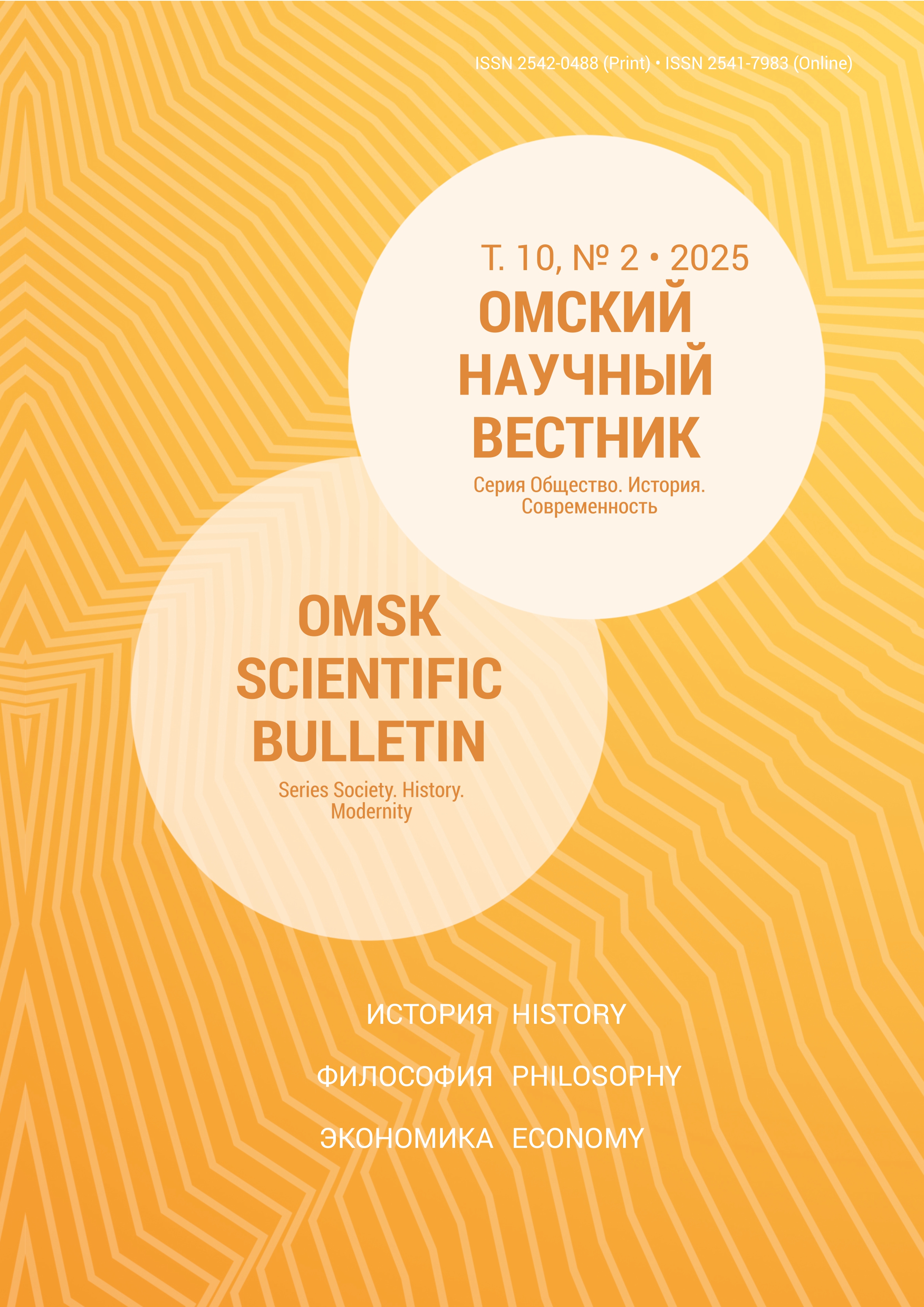Hannah Arendt: Eros for freedom of thought and love for political freedom
DOI:
https://doi.org/10.25206/2542-0488-2025-10-2-132-143Keywords:
love, eros, freedom of thought, political freedom, Arendt.Abstract
The article examines the concept of love in the political theory of Hannah Arendt. The author focuses not on love-passion, which is a limited to the private sphere, but on political love, which Arendt presents in two forms associated with two forms of freedom: love for freedom of thought and love for political freedom. The author shows how Arendt, based on Socrates’ reflections on eros as a desire for what is lacking and his «two-in-one» principle, develops her own concept of the activity of thinking, aimed not at knowing the object, but at understanding it, and based not on unity, but on plurality. Thinking about freedom in this context turns out to be thinking about an object worthy of love in order to understand its meaning. The author also analyzes Arendt’s concept of political action, the principle of which is similarly eros – love for political freedom. In the course of the text, the author compares Arendt’s ideas with the ideas of Socrates, Augustine, Montesquieu, Kant, Levinas and Heidegger. In addition, Arendt's appeal to the poetic works of Goethe and Rilke is considered.
Downloads
Published
How to Cite
License
Non-exclusive rights to the article are transferred to the journal in full accordance with the Creative Commons License BY-NC-SA 4.0 «Attribution-NonCommercial-ShareAlike 4.0 Worldwide License (CC BY-NC-SA 4.0»)




